Cockatiel eggs not hatching after 21 days can be a frustrating experience for cockatiel owners. This is something that can happen, and in many cases it is quite common. So, what went wrong?
In this blog post, we will explore some possible reasons cockatiel eggs might not hatch after 21 days.
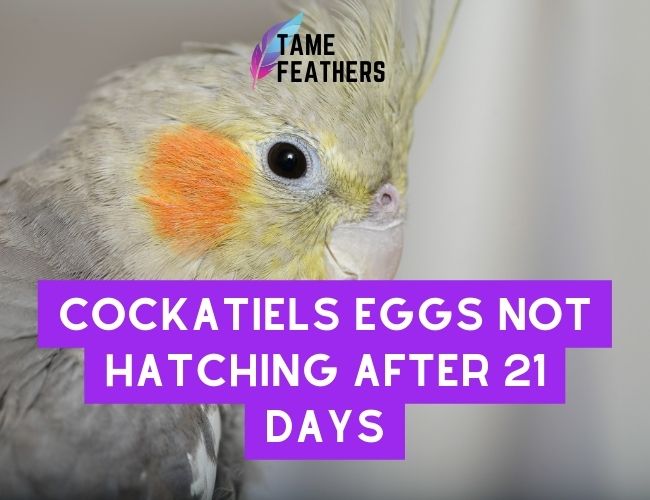
Were Your Cockatiel Eggs Fertilized?
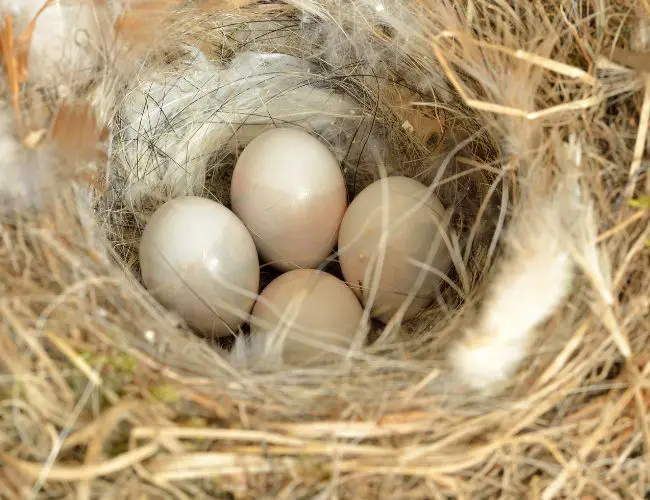
If cockatiel eggs don’t hatch, one possibility is that they weren’t fertilized. This can happen if the cockatiels aren’t mating properly or if the male cockatiel isn’t healthy enough to produce viable sperm.
If cockatiels aren’t mating properly, it could be because they’re not sufficiently attracted to each other, or because there’s something physical preventing them from mating.
For example, if the male has a deformity that prevents him from mounting the female, they may find it difficult to mate.
If the male cockatiel is healthy, but the eggs still aren’t hatching, it’s possible that his sperm isn’t viable. This can happen for a variety of reasons, including poor diet, stress, or exposure to toxins.
The Cockatiel Eggs Were Fertilized But Did Not Develop Properly
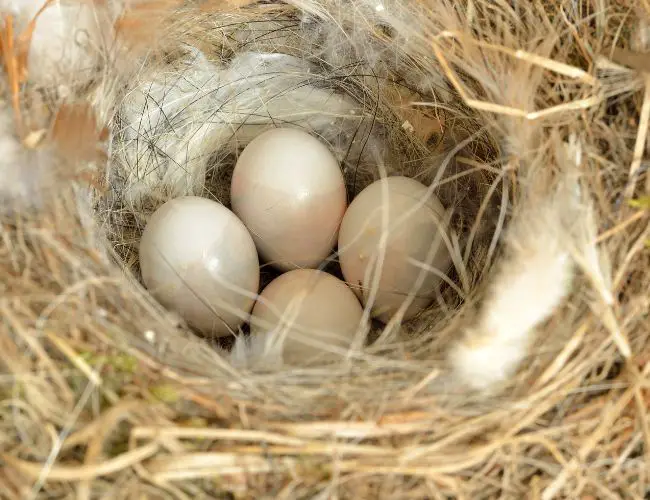
Another possibility for the cockatiel eggs not hatching after 21 days is that the eggs were fertilized but did not develop properly. This can be due to a number of reasons, including:
- The cockatiel parents were not healthy enough to produce healthy offspring
- The cockatiel eggs were not incubated at the proper temperature
- The cockatiel eggs were not turned often enough
Development can halt at any stage during the 21 days for several reasons, so even if the eggs seem to be developing properly at first, they may not hatch in the end. If you are unsure about any of these factors, it is best to consult with a cockatiel breeder or avian veterinarian.
The Eggs Were Infertile
If the cockatiel eggs have failed to hatch, there is nothing that can be done to make them fertile. This is a common problem, and it can occur for a variety of reasons, including if the cockatiels are too young or old, if they have a genetic disorder, or if they are of different species.
For example, cockatiels that are mated with other cockatiels or cockatiel-like birds such as budgies may produce infertile eggs due to differences in their genetic makeup.
Whatever the cause, the failure of cockatiel eggs to hatch can be very frustrating for many bird enthusiasts.
Nevertheless, it is important not to give up hope and continue taking steps to promote good health in your birds.
With proper care and nutrition, your cockatiels may eventually produce healthy offspring that thrive in your home environment.
Exposure to Extreme Temperatures or Humidity Levels
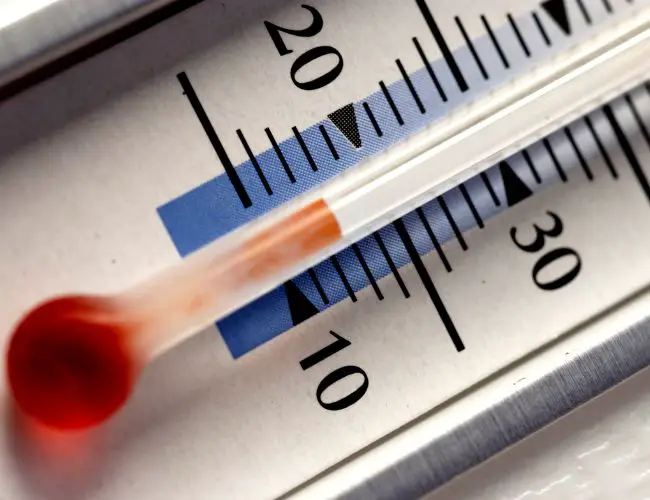
Another possibility is that the cockatiel eggs were exposed to extreme temperatures or humidity levels. This can happen if the eggs are left in the nest box for too long, or if the temperature in the room fluctuates too much.
If you think this may be the problem, it is important to take steps to stabilize the temperature and humidity levels in the cockatiel’s environment. This can be done by using a humidifier or placing the cockatiel’s cage in a room that is not subject to drastic temperature changes.
It is also important to make sure that the cockatiel eggs are turned frequently, as this helps to promote proper development.
Stress Or Health Issues
If your cockatiel is stressed, this can have negative consequences for the health of the eggs the bird lays. The most common causes of stress in cockatiels include loud or disruptive noises, changes in the usual routine, and a lack of social interaction.
To help alleviate stress in your cockatiel and prevent potential health problems from arising, it is important to provide the bird with a peaceful and quiet environment.
This can be accomplished by placing the cage in a quiet corner of the room away from frequent traffic, turning off overhead lights at night to reduce noise, and spending time each day interacting with your pet.
Additionally, providing plenty of nutritious food and fresh water will also go a long way in ensuring that the eggs are healthy and more likely to hatch successfully.
If you want to give your cockatiel the best chance at raising happy and healthy chicks, it is essential to make sure the bird is protected from unnecessary stress at all times.
There Was No Male Cockatiel
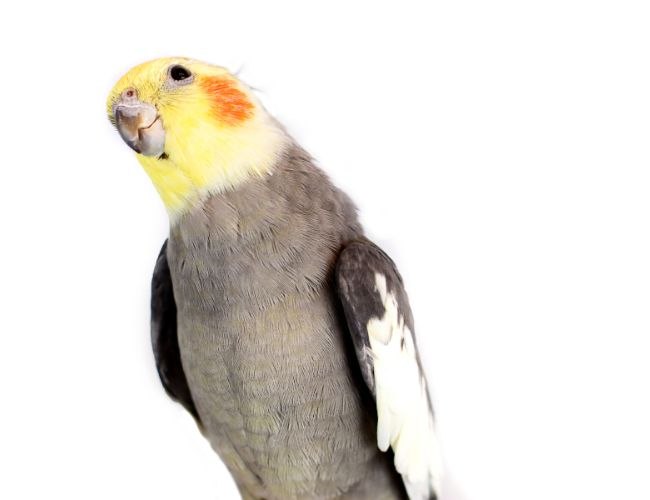
Cockatiels can produce eggs even if there is no male present, but these eggs will not be fertile. This is because cockatiels require the presence of a male in order to produce fertile eggs. If you want your cockatiel to have chicks, it is necessary to have both males and females present.
Provid your birds with a nest box, and make sure the male and female have plenty of time to bond. Once the cockatiels are comfortable, they will start mating and producing eggs.
Another thing to consider is that the nest box is adequately sized for the cockatiels and has appropriate bedding material. If the nest box is too small, this can cause stress for the cockatiels and the lack of desire to mate.
Conclusion
As you can see, there are a number of possible reasons why cockatiel eggs may not hatch after 21 days.
By ensuring that the cockatiels are healthy and stress-free, you can increase the chances of success. Additionally, providing a suitable nest box and ensuring both a male and female cockatiel is present will also go a long way in promoting fertility.
With patience and proper care, you can eventually enjoy the rewarding experience of cockatiel chicks hatching in your home.
Do you have any tips for cockatiel owners struggling to get their eggs to hatch? Share your advice in the comments below!



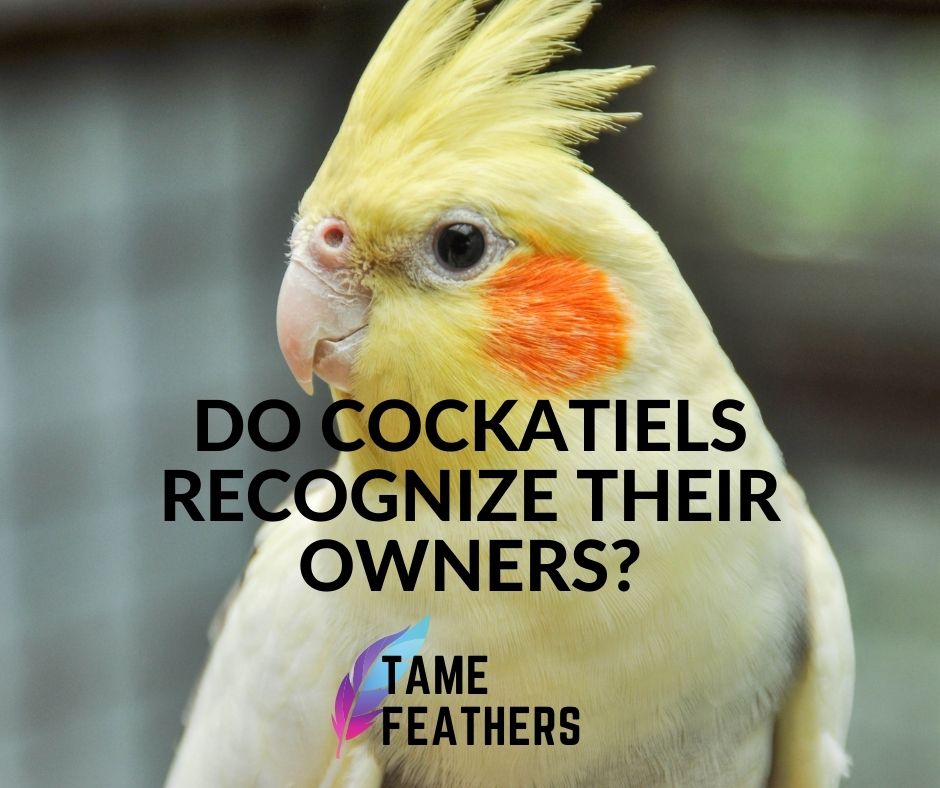


The compatibility of the mobile tracking software is very good, and it is compatible with almost all Android and iOS devices. After installing the tracking software in the target phone, you can view the phone’s call history, conversation messages, photos, videos, track the GPS location of the device, turn on the phone’s microphone and record the surrounding location.
As long as there is a network, remote real – Time recording can be performed without special hardware installation.